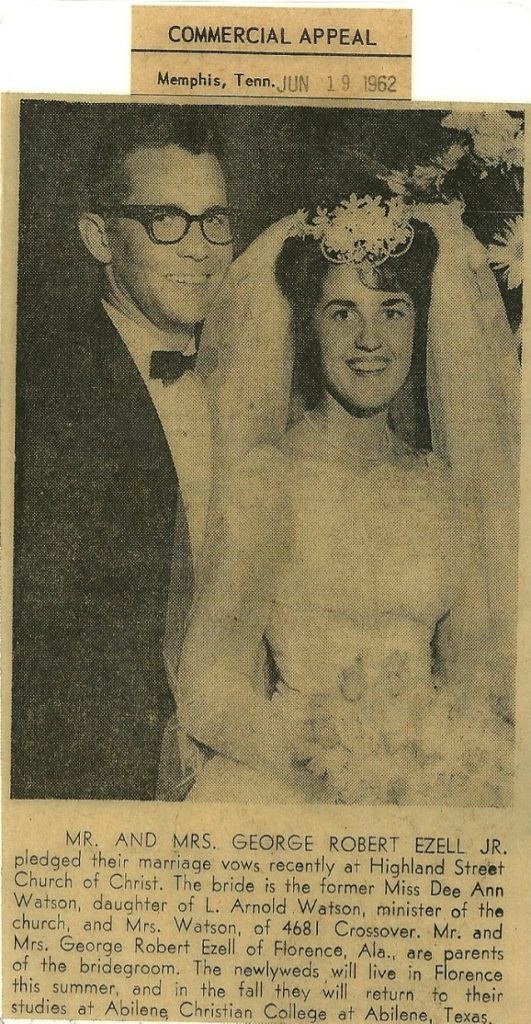
Do you Know?
“The cost of merely giving birth is more expensive in the US than in almost any other country on the planet. An uncomplicated birth covered by private insurance, which is basically the best-case scenario for US parents, tends to cost about $3,000…”
Evangelical Theology
Pastors, pundits, and pollsters (including sociologists) have long acted as if the positions taken by religious folk are grounded in theological understandings. I’m coming to believe, as Mike (Glenn) has, that this was a big mistake. People start with their preferred positions and then find rationales to support them. These rationales (patina?) might involve a couple of prooftext scriptures and a vague reference to being a Christian. Responding to that will require moving the focus of identity from preference to a more substantial ground of Gospel and Restoration.
John Hawthorne
The Highest Secular Value
The highest value and virtue secularism can teach—as an “ought”—is self-interest.
If a bright, inquisitive students keeps asking “Why? Why? Why?” About the reasons for values and virtues such as compassion and honesty, the only final and absolute reason that can be given that is purely secular is self-interest. But even many bright, inquisitive students will realize that his or her self-interest may or may not lead to love, compassion, honesty. In fact, he or she will eventually realize that it doesn’t necessarily lead to those values or virtues.
Scot McKnight
Gospel
I believe the gospel as presented in the New Testament teaches us to distinguish:
gospel subject (Jesus),
benefits (holistic redemption, which means justification and justice),
and response (faith, trust, allegiance, which entail conversion from and conversion to, that is repentance and transformation).
Scot McKnight
agreed upon delusion
We cannot recognize it or overcome it as isolated individuals, mostly because it’s held together by group consensus. We need to be in solidarity with alternative communities and minority groups to see it. The dominant group normally cannot see its lies—in any country or context. It’s the air we’re breathing, reaffirmed at every gathering of like-minded people.
Richard Rohr
The Rock
…if the rock is Christ, Peter must shepherd the flock without ever yielding to the temptation to be an autocrat, lording it over those entrusted to him (cf. 1 Pet 5:3). On the contrary, he is called to serve the faith of his brothers and sisters, and to walk alongside them, for all of us are “living stones” (1 Pet 2:5)
Pope Leo XIV inauguration sermon
Insight
Not all theological reflection begins in theology books, and often enough our deepest insights into God, ourselves and the world around us, comes from those who know how to tell a good story, whether novel or biography. And for that matter, it is often the poet who enables us to see what otherwise we would miss, and to understand something of the mystery of who we are, or wish we were
Jim Gordon
Psalm 102
We’ve somehow convinced ourselves that we are made of sturdier stuff. We’ve come to feel entitled to the next breath and heartbeat. We believe that continued existence is our due, and that death can be put off indefinitely. But this, of course, is madness.
We have lost ontological humility, and with the loss of that humility a primordial capacity for worship, especially when we don’t get what we want. Our praise is conditional, our worship contingent. We don’t praise God for being God, we praise God for getting what we want. And because of this, we struggle to get inside the experience of Psalm 102, the hot lament mixed with durable praise.
Richard Beck
Secularism
The great tragedy of secularism is its reduction of all things to mere things. We are created to have right relationships with all things as well as all people. At its heart this right relationship is the manifestation of love. And this love is joy and wonder at the very giftedness of the world – itself the manifestation of God’s love towards us.
Fr Stephen Freeman
Couples
I can see when two people are close in a way that blocks their energy from the rest of the world, insulated and intimate and barring others from entering. I can also see when two people are close in a way that supports each other in being more engaged with the world. I admire the couples who are able to inhabit both states: experiencing the kind of connection that doesn’t allow outside entry, and then turning outward and drawing people in together.
Shani

View from the Front Porch

JUNE 8, 1962
It’s that time again. Happy Anniversary to
Ann and George Ezell
aka Mr & Mrs. George Robert Ezell, Jr
It just gets better.
One minor correction, we did not return to Abilene that fall.